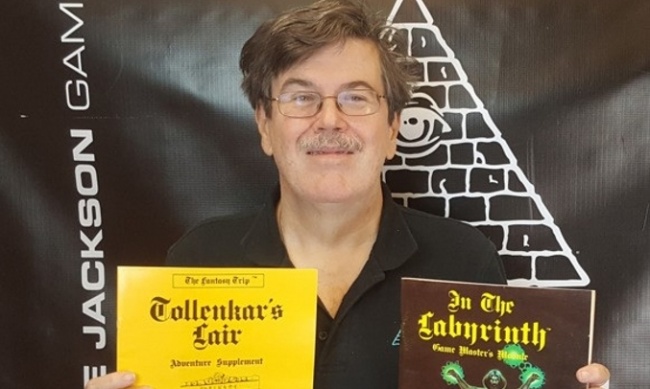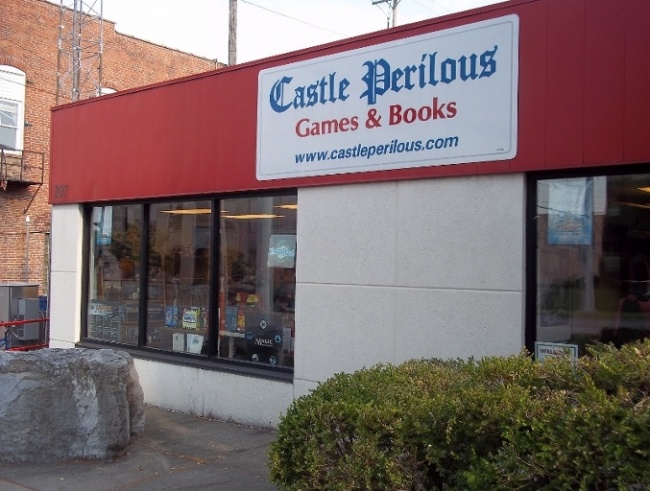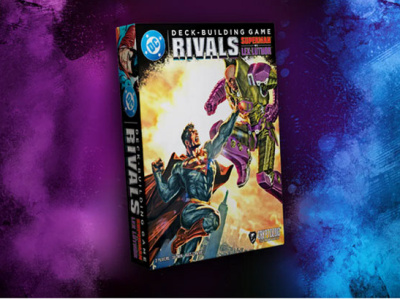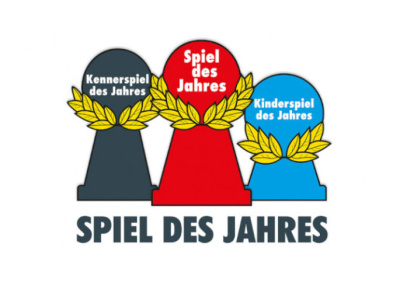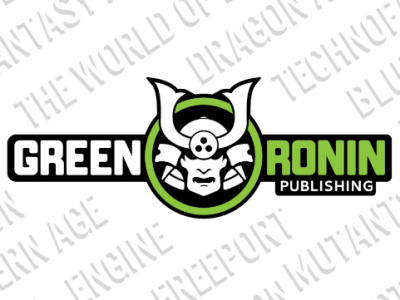In case you missed it in the news while opening up all of the new games you bought, Steve Jackson exercised an option under US copyright law allowing an author to terminate publication rights to their work after a certain period has passed and acquired the rights to The Fantasy Trip RPG system, last published in the early 1980s by the now defunct Metagaming Concepts. Steve Jackson worked for Metagaming Concepts at the time and created several games for the company, including Ogre and GEV, which he retained the rights to and brought with him when he left Metagaming Concepts to start his eponymous company Steve Jackson Games.
Unfortunately, although Jackson developed the game concepts that later became The Fantasy Trip, the rights to the system remained with Metagaming and vanished when the company owner, Howard Thompson, shut down the company and exited the gaming industry about 1982, selling some of the Metagaming product line to The Avalon Hill Gaming Company and taking others, such as The Fantasy Trip, with him.
Asking price for The Fantasy Trip was reportedly $250,000, valuing it higher than any other gaming system at the time, save for the Dungeons and Dragons line. Needless to say, no one in the nascent RPG industry had the money or inclination, since they were all focused on their own product lines, to purchase TFT.
The Fantasy Trip, for those of you just now encountering it, originally consisted of two components: Melee and Wizard. Unlike D&D at the time, which used a character’s strength as an abstract representation of how likely they were to hit in combat and how much damage the hit would do, Melee divided attacks into how likely the character was to hit, figured using dexterity, and how much damage the character would do, calculated using strength. Similarly, Wizard, the rules for magical combat, instead of using D&D’s memorization and forgetting of spells (which incidentally came from Jack Vance’s Dying Earth novels), used intelligence as a factor in determining how many spells a character could use per day, while the character had to expend strength in order to cast those spells.
Many later RPGs adopted variants of these two systems, which were expanded in Advanced Melee and Advanced Wizard and then later integrated, along with the Labyrinth: Game Masters Campaign and Adventure Guide into the cohesive system that became known as The Fantasy Trip.
Unable to acquire the rights to The Fantasy Trip and buoyed by the success of Ogre and Car Wars, Steve Jackson developed a "third generation" RPG based on the concepts he had developed for TFT, the Generic Universal Role Playing System, now better known as GURPS, on which the company focused its attention through the 80s and 90s, until the behemoth of Munchkin in 2001. According to posts from the company, we will probably see a Kickstarter campaign for a relaunch of The Fantasy Trip sometime this year. Since I am one of the rare players who started on The Fantasy Trip, instead of D&D, in the late 1970s, I really want to see what Steve Jackson Games does with the system today.
The opinions expressed in this column are solely those of the writer, and do not necessarily reflect the views of the editorial staff of ICv2.com.



